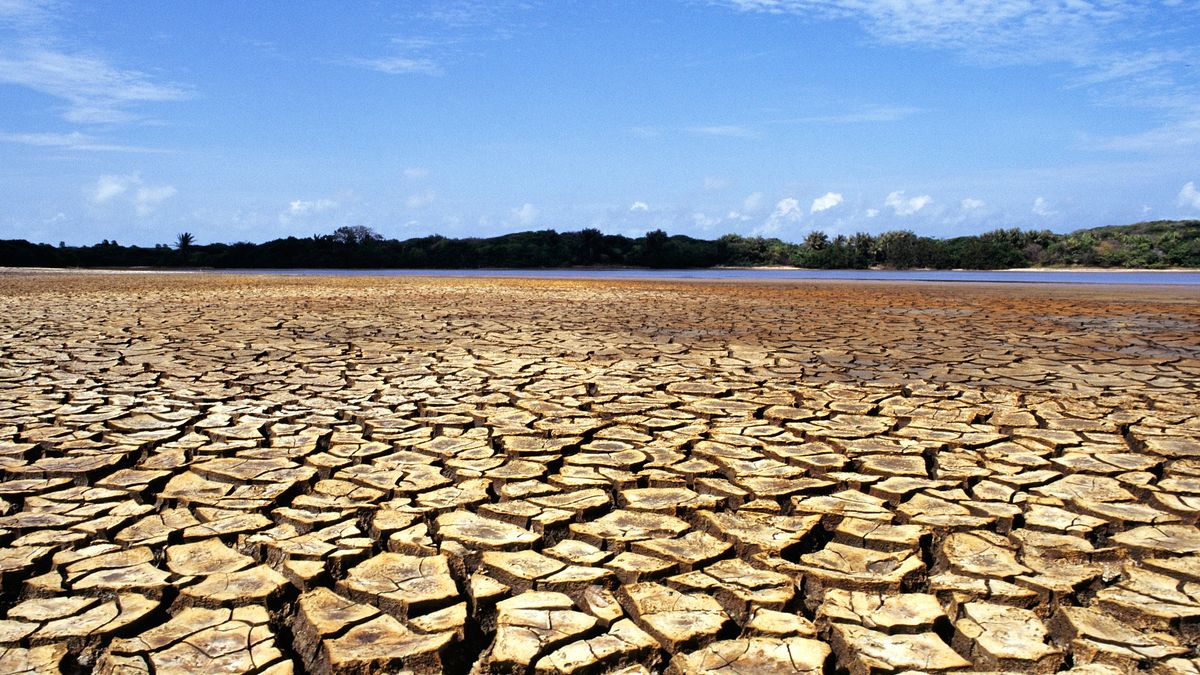Two-thirds of global populations of mammals, birds, amphibians, reptiles and fish have been lost on average since 1970, according to a new report from WWF.
The conservation organisation says that environmental destruction - caused by deforestation, unsustainable agriculture and the illegal wildlife trade, is a leading factor in the decline.
Published today, the Living Planet 2020 report is a comprehensive look at the state of our natural world. It tracks how well global wildlife is doing based on information from 125 experts around the world. Almost 21,000 populations of more than 4,000 species were tracked between 1970 and 2016.
Wildlife populations in freshwater habitats, such as lakes and rivers, were found to have suffered the biggest decline with an 84 per cent drop. Overall, global populations of the species tracked were found to have dropped by 68 per cent in just less than half a century.
Pioneering computer modelling included in the report predicts that if we maintain "business as usual" irreversible losses to biodiversity will continue. It could put the ecosystems that we all rely on to live in danger.
"The Living Planet Report 2020 underlines how humanity's increasing destruction of nature is having catastrophic impacts not only on wildlife populations but also on human health and all aspects of our lives," said Marco Lambertini, Director General of WWF.
"We can't ignore the evidence – these serious declines in wildlife species populations are an indicator that nature is unravelling and that our planet is flashing red warning signs of systems failure."

Two-thirds of the world’s wildlife has been lost since 1970
WWF has proposed a plan to ‘fundamentally change the way that we deal with the loss of nature’


